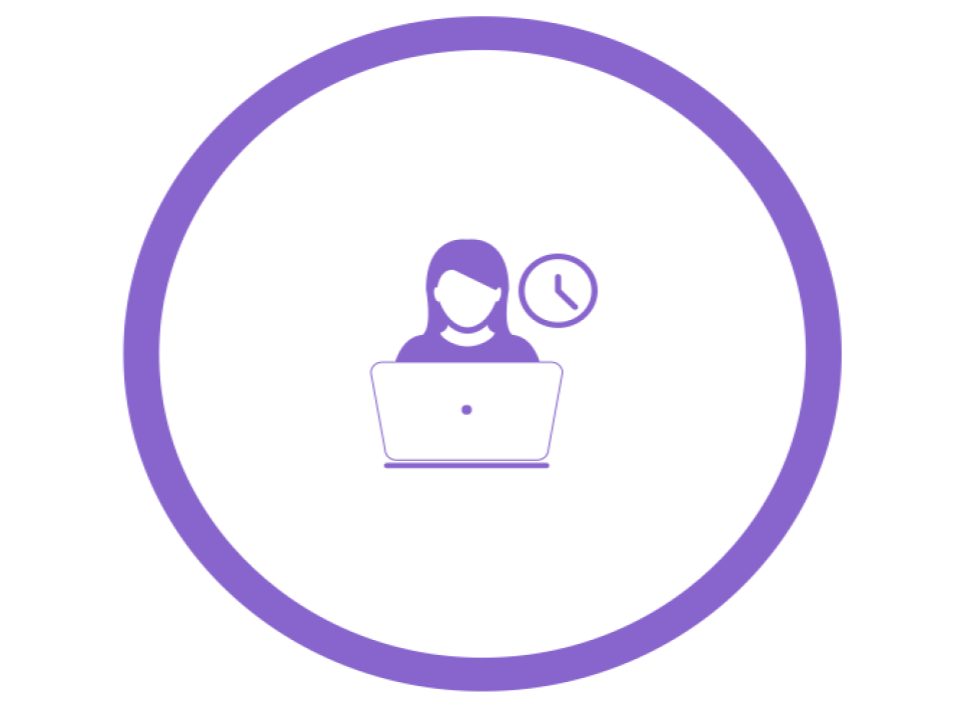Contemplating a Career Change

A quote I hold dear is from Tony Robbins: “ Change is inevitable, progress is optional”. It’s a quote that resonates not only with me, but with many others too. Why? Those words serve as a reminder: the way we adapt to change is solely determined by the way we react to it. There's even a science behind aging & needing to continually take on purposeful challenges as a way to cope with change. When we have a sense of purpose, we’re less likely to have a poor outlook on life, cognitive impairment, ailments, and more likely to live longer than people without this kind of underlying incentive. But sometimes we’re faced with situations where our purpose needs recalibrating, so that our personal & professional growth doesn’t stagnate.
No matter what kind of work you do, you might eventually find yourself thinking about switching careers, because you no longer feel connected with a purpose or aren't being challenged in a meaningful way. Maybe you always thought you'd be a teacher, a doctor, or even an owner of a little boutique down the street. For whatever reason, you found yourself down a career path and forged your own success - but now lack the motivation to continue in the same career.
When you challenge yourself to stretch towards a higher level of your abilities, you also increase your overall well-being. Individuals who challenge themselves are also happier with their life choices in their career and otherwise.
However, before you take the plunge, consider these points when defining your next career adventure:
1. What is it about your current work that is causing you to feel disconnected? What do you feel would give you a renewed purpose? Taking a moment to self-reflect and really explore these questions is imperative. Go from problem to solution, thinking about the steps that will pull you towards the right career challenge.
2. Is the job you want, within your reach? Have you looked at internal opportunities that exist through your current employer? Don’t discount the available roles that might be with other teams within your organization. Ask your colleagues if there are any roles they may know of that could steer you in the direction of challenge. When you’ve exhausted all avenues for gaining the most out of your current place of employment, it may be time to move on, so you’re able to fuel your continued growth.
3. Highlight those transferable skills you have, that can get your foot into the proverbial door. Just like organizations often make strategic pivots, so can you. Building on what you already know to pursue a new role is achievable. I went from being an HR Generalist, to a Bakery Owner, to a Learning & Development Specialist (and currently undertaking the creation of a career strategy blog ). The key is to cultivate a personal growth mindset that pushes you to continually behave like the person you want to be.
4. Create goals that are realistic & attainable - allowing you small wins that give you the motivation to keep reaching for success. If you're 40 years old and have no college education and want to be a doctor, that might be an overly ambitious goal. However, if you have a bachelor's' degree in business and you want to be a nurse, you could probably complete 2-3 more years of specialized education to obtain a nursing degree.
5. Another great way to explore something you have no background in, is to connect with someone who’s in the role you want. Write down all the questions you have about the career path you’re interested in. Believe it or not, people love to talk about what they know and to be given the opportunity to impart their work experiences, use their knowledge to your advantage.
6. Lastly, if you’ve thought about changing careers for more than a year, just do it! If you have the ability to pursue something that may be ‘out-of-the-box’ for you, why not take a little risk to see where it could lead you? One of the most exciting experiences you'll ever have is engaging in the work that excites you and contributes to your well-being.
Although you might feel some initial fear and apprehension about making a career change, you just as easily might find yourself feeling positive about the work you’re doing and the impact on your quality of life. The sooner you start to define where you want to be, the sooner you'll be enjoying your new career challenge.


